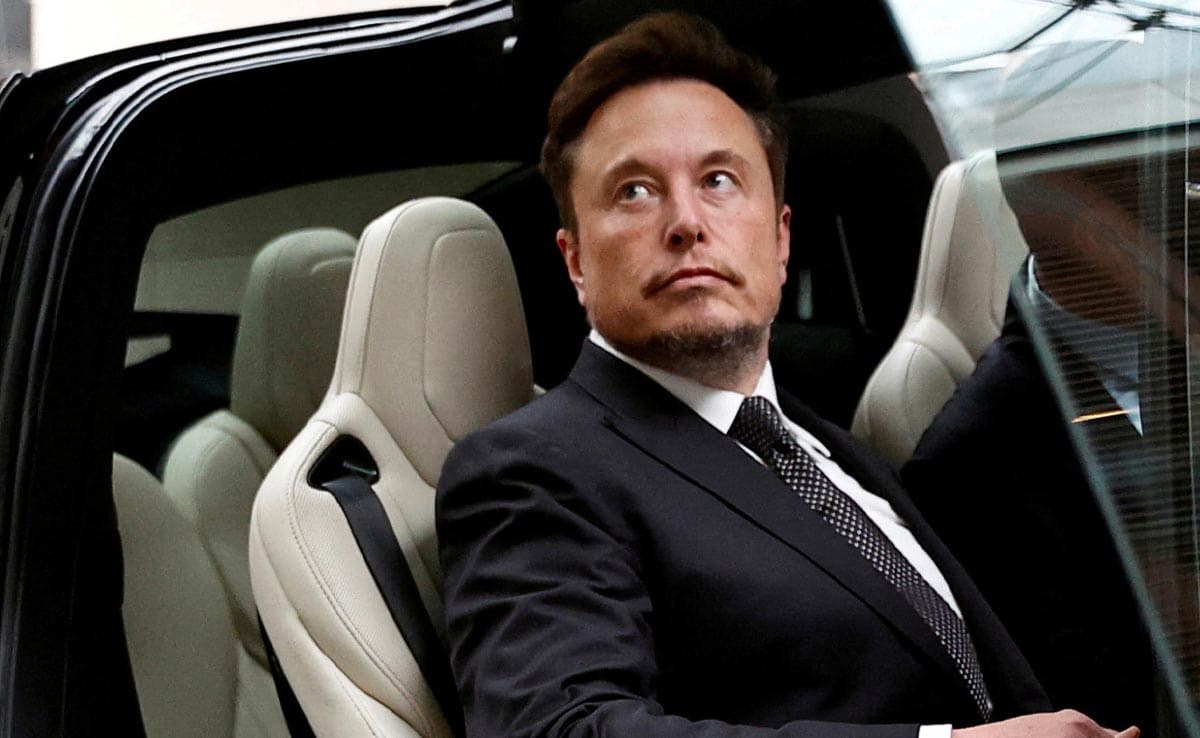
The Florida lawsuit arose out of a 2019 Tesla crash which killed a driver in US. (File)
A Florida judge found “reasonable evidence” that Tesla Chief Executive Elon Musk and other managers knew the automaker’s vehicles had a defective Autopilot system but still allowed the cars to be driven unsafely, according to a ruling.
Judge Reid Scott, in the Circuit Court for Palm Beach County, ruled last week that the plaintiff in a product liability lawsuit against Tesla could proceed to trial and bring punitive damages claims against the company for intentional misconduct and gross negligence. The order has not been previously reported.
The ruling is a setback for Tesla after the company won two product liability trials in California earlier this year over the Autopilot driver assistant system. A Tesla spokesperson could not immediately be reached for comment on Tuesday.
The Florida lawsuit arose out of a 2019 crash north of Miami in which owner Stephen Banner’s Model 3 drove under the trailer of an 18-wheeler big rig truck that had turned onto the road, shearing off the Tesla’s roof and killing Banner. A trial set for October was delayed, and has not been rescheduled.
Scott found that the plaintiff, Banner’s wife, should be able to argue to jurors that Tesla’s warnings in its manuals and “clickwrap” agreement were inadequate.
The judge also said the accident is “eerily similar” to a 2016 fatal crash involving Joshua Brown in which the Autopilot system failed to detect crossing trucks, leading vehicles to go underneath a tractor trailer at high speeds.
“It would be reasonable to conclude that the Defendant Tesla through its CEO and engineers was acutely aware of the problem with the ‘Autopilot’ failing to detect cross traffic,” the judge wrote.
Banner’s attorney, Lake “Trey” Lytal III, said they are “extremely proud of this result based in the evidence of punitive conduct.”
(Except for the headline, this story has not been edited by NDTV staff and is published from a syndicated feed.)




